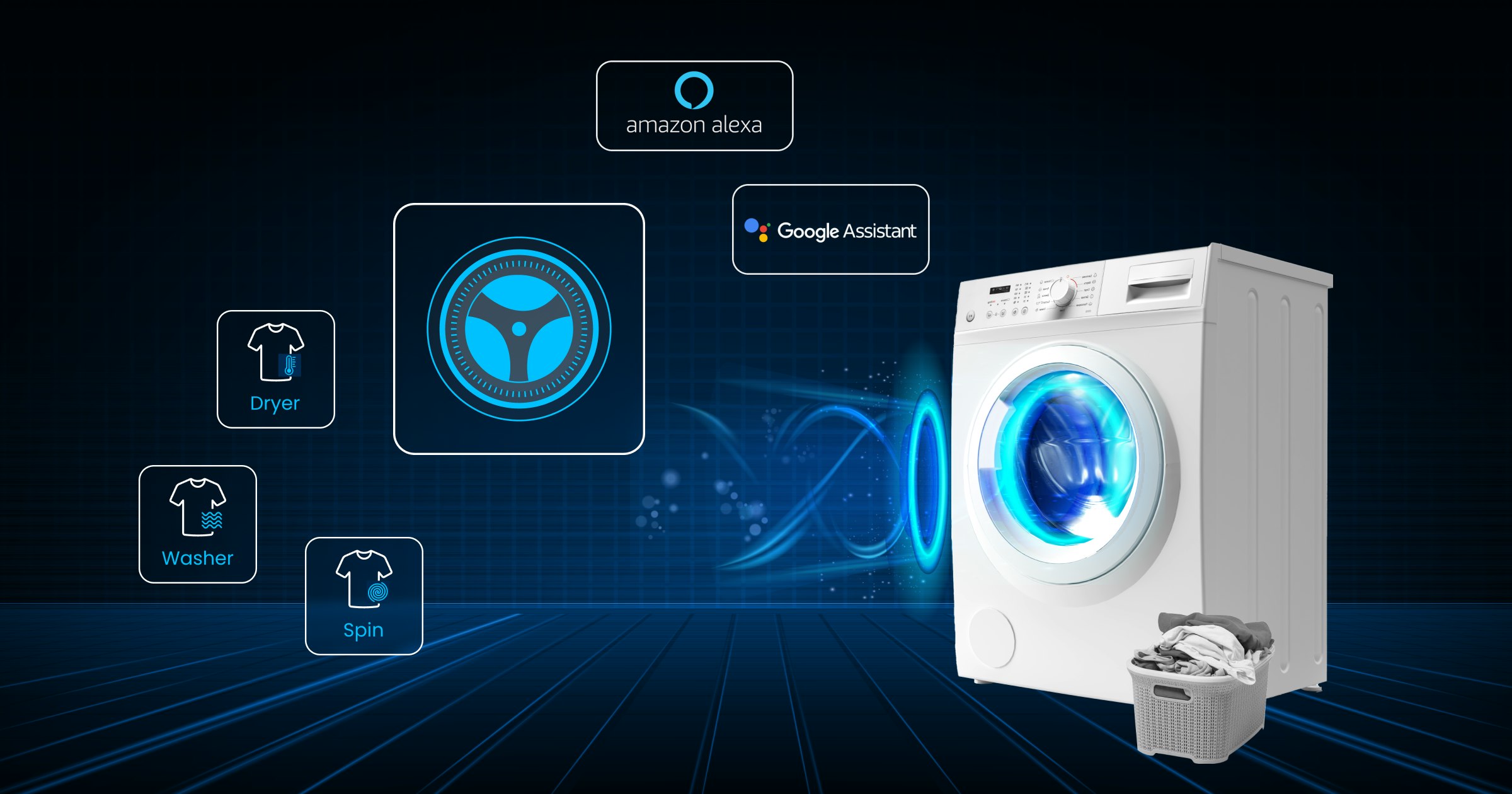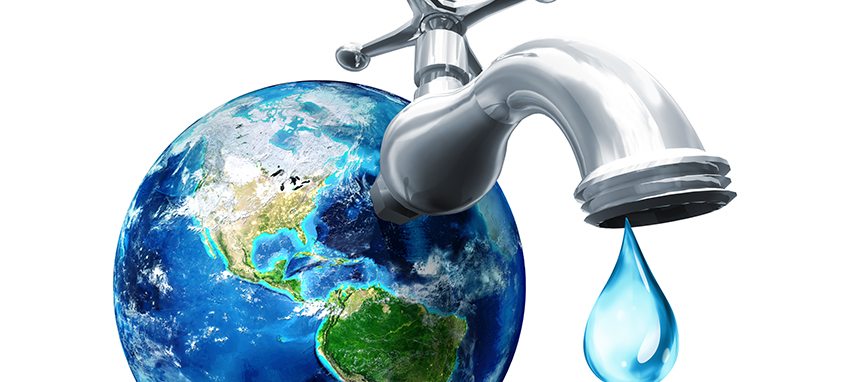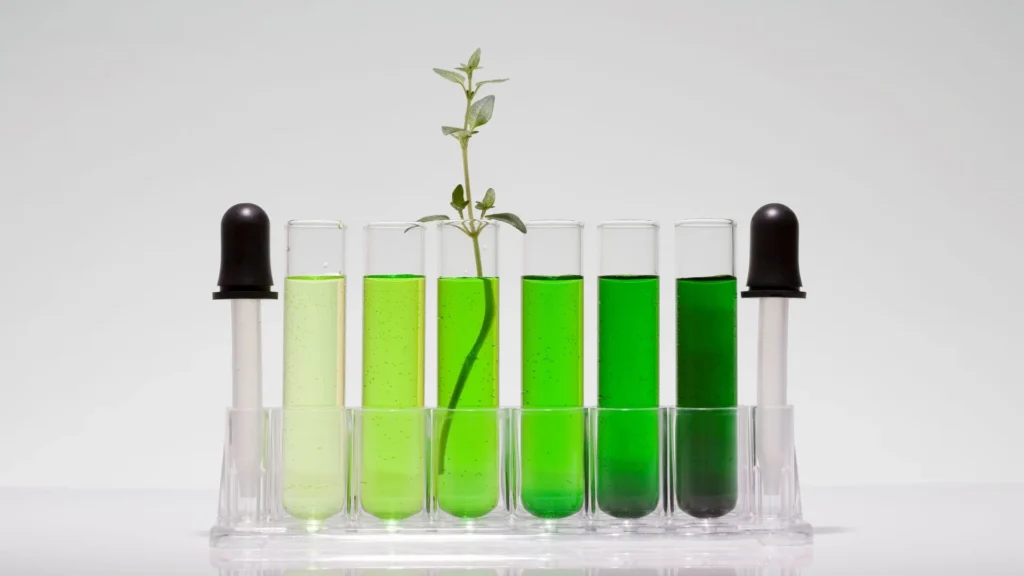Eco-Friendly Industrial Washing Machines: Pioneering Innovations and Sustainable Practices
Discover how cutting-edge innovations in industrial washing machines are driving sustainability in our latest article! Explore advancements like IoT, blockchain, and green technologies that optimize efficiency, reduce waste, and enhance transparency. Read more for a cleaner, greener future.

The industrial laundry sector, essential for numerous industries such as hospitality, healthcare and food services, has traditionally been resource-intensive, consuming vast amounts of water, energy and chemicals. However, the rising demand for sustainability and eco-friendly practices has driven significant innovations in industrial washing machines.
These advancements not only enhance operational efficiency but also align with broader environmental goals. This article delves into the latest technological innovations, highlights the importance of water and energy efficiency, and finally also explores the potential of blockchain technology in achieving sustainability targets within the industry.
Innovation
Recent years have seen remarkable technological advancements in the design and functionality of industrial washing machines, focusing on reducing the environmental footprint of laundry operations while maintaining or improving wash quality.
One significant innovation is advanced sensor technology. Modern industrial washing machines now come equipped with sophisticated sensors that optimize the use of water and detergent. These sensors monitor various factors such as load size, fabric type, and soil level, and adjust the wash parameters accordingly. This precision not only reduces waste but also ensures the efficient use of resources.

The integration of the Internet of Things (IoT) follows the same trends, and has brought about significant improvements. IoT-enabled washing machines provide real-time monitoring and data analytics, allowing operators to optimize the wash process. Predictive maintenance, remote diagnostics, and energy management become feasible with IoT, leading to reduced downtime, lower energy usage, and enhanced machine longevity.
Coupling these two aspects of innovation with breakthrough sensor hub technology, the data gathered from the sensors and devices, can be ingested directly into operational systems, allowing the operators and manufacturers to enhance the efficiency of the entire system, and execute data-driven decision making in real time.
One such solution is the CertiStream from Myneral Labs, which is supported by blockchain technology that allows organizations to gain real-time valuable insights into their on-going operations and help to detect inefficiencies, bottlenecks or potential stress fractures in the supply chain.
Other innovative technologies include heat recovery systems, which have also been a game-changer in enhancing energy efficiency. These systems capture and reuse heat from the wash and rinse cycles, significantly reducing the energy required to heat water. By recycling heat, these machines lower both energy consumption and operational costs.

Ozone laundry systems represent another promising eco-friendly solution. Ozone, a powerful oxidizing agent, is introduced into the wash process to disinfect and break down organic matter at lower temperatures. This reduces the need for hot water and chemical detergents, resulting in substantial energy and water savings.
Finally, water recycling and filtration technologies have advanced due to water scarcity and stringent environmental regulations. These technologies enable industrial washing machines to recycle and reuse water multiple times, drastically reducing water consumption and wastewater generation.
Water and Energy Efficiency
Water and energy efficiency are paramount for sustainable industrial laundry operations. The large scale of these operations means that even small improvements can yield substantial environmental and economic benefits. Traditional industrial washing machines have been known to consume vast amounts of water, sometimes up to 20 liters per kilogram of laundry. However, innovations such as low-water usage technologies, high-efficiency washers, along with water recycling systems have significantly reduced this consumption. Modern machines now use as little as 5-7 liters per kilogram, representing a notable decrease in water usage.

Energy efficiency in industrial laundry primarily revolves around the need to heat water. Modern washing machines achieve significant energy savings by integrating heat recovery systems, utilizing ozone technology, as well as employing energy-efficient motors and pumps. Additionally, the shift towards cold-water washing, made possible by advanced detergents and washing technologies, further enhances energy efficiency. Furthermore, some industrial laundries are integrating renewable energy sources like solar or wind power into their operations. By investing in on-site renewable energy generation, these laundries reduce their reliance on fossil fuels and minimize their carbon footprint, thereby enhancing overall sustainability.
Blockchain Technology and Traceability
Blockchain technology, renowned for its transparency and security, is finding innovative applications in the industrial laundry sector. By providing a decentralized and immutable ledgers, blockchain can enhance traceability and accountability, supporting the industry's sustainability efforts.
Blockchain enables the creation of transparent supply chains, allowing stakeholders to trace the journey of textiles from production to laundering and beyond. This transparency ensures that environmentally friendly practices are maintained at every stage, from sourcing raw materials to the final wash cycle.

Blockchain technology can also verify and certify the adoption of sustainable practices. By recording data on water and energy usage, chemical consumption and waste management, blockchain ensures that industrial laundries adhere to environmental standards and regulations. This data can be audited by third parties, providing credibility and trust to sustainability claims.
Blockchain is able to empower consumers to make informed choices. By scanning a QR code, customers can access detailed information about the sustainability practices involved in cleaning their garments. This transparency fosters consumer trust and promotes environmentally responsible behavior.
Finally, blockchain can facilitate the implementation of reward systems for sustainable practices. Industrial laundries can earn tokens or credits for reducing water and energy consumption, which can be traded or used to offset operational costs. Such incentives drive continuous improvement and innovation.
Future Prospects
The future of eco-friendly industrial washing machines looks promising, driven by continuous technological advancements and an increasing commitment to sustainability. Key areas of focus include:
Enhanced Automation
Future washing machines will likely incorporate greater levels of automation, with AI and machine learning optimizing every aspect of the wash cycle. This will lead to even greater efficiencies in water and energy use.
Development of Green Chemicals
Research into green chemistry will yield new detergents and cleaning agents that are both effective and environmentally benign. These green chemicals will work synergistically with advanced washing technologies to further reduce the environmental impact.

Expansion of Blockchain Applications
As blockchain technology matures, its applications in the industrial laundry sector will expand. Enhanced data integration and interoperability will enable comprehensive tracking of environmental metrics, driving more effective sustainability strategies.
Policy and Regulatory Support
Government policies and regulations will play a crucial role in promoting eco-friendly practices. Incentives for adopting sustainable technologies and penalties for excessive resource use will encourage widespread adoption of green practices in the industrial laundry sector.
Conclusion
The shift towards eco-friendly industrial washing machines is a testament to the industry's commitment to sustainability. Through technological innovations, water and energy efficiency, and the integration of blockchain for traceability, the industrial laundry sector is making significant strides in reducing its environmental footprint. As these trends continue, industrial washing machines will not only become more efficient and cost-effective but also play a pivotal role in achieving global sustainability goals. By embracing these advancements, the industry can ensure that clean laundry comes with a cleaner conscience.
